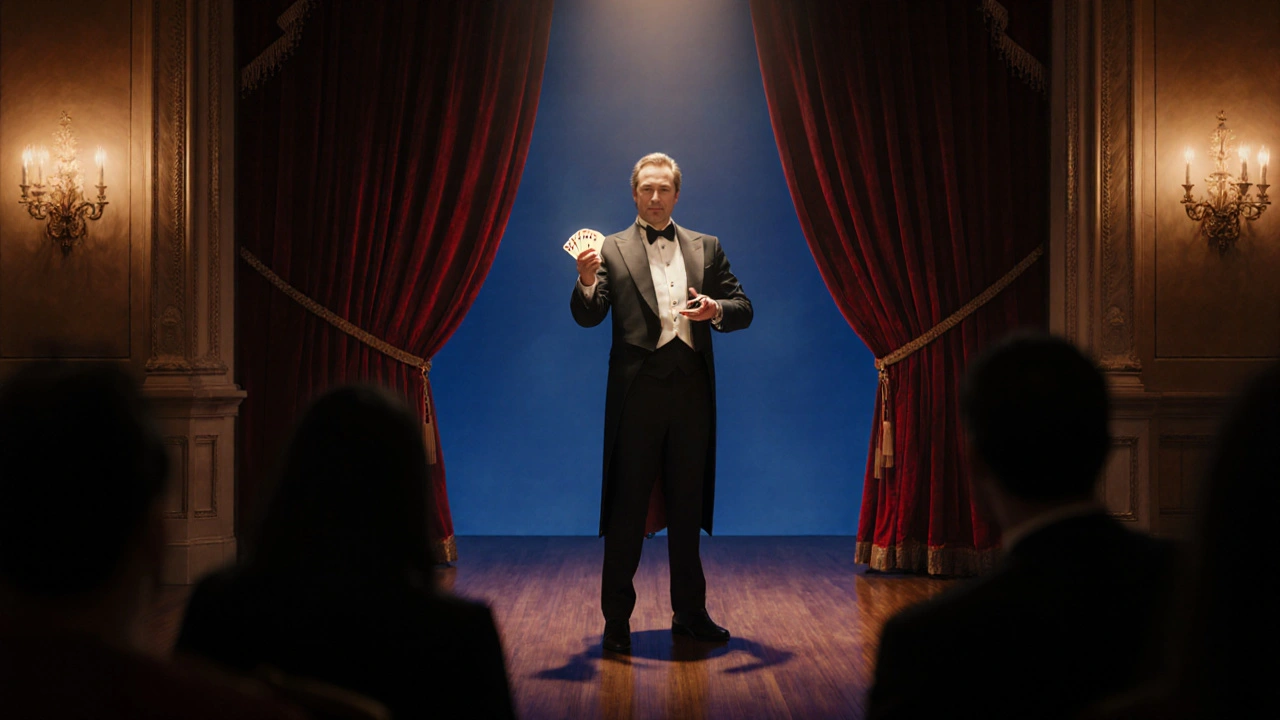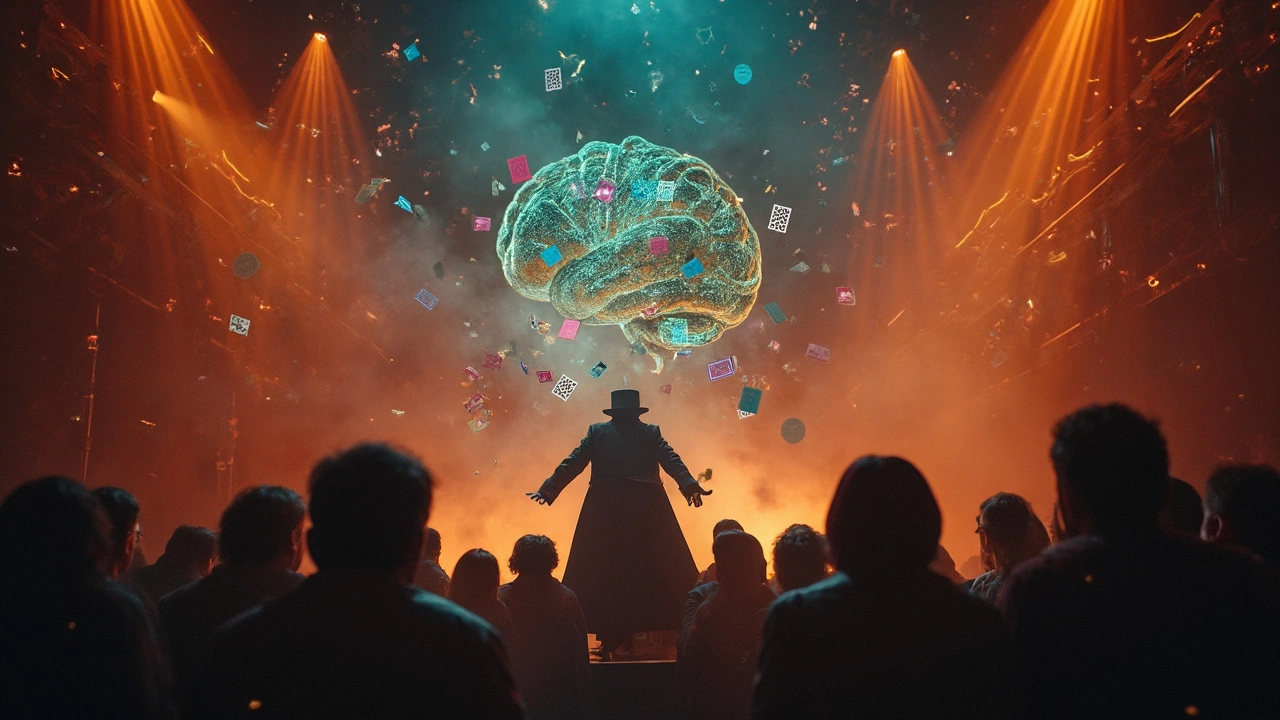Psychology of Magic: Why Our Brains Love Being Fooled
Ever watched a magician and wondered, “How on earth did they do that?” The answer is usually not hidden up their sleeve—it's in your mind. The real power of magic isn’t fancy props or secret gadgets. It’s all about psychology. Magicians are experts at reading how we think, react, and focus. They play with our attention, lead our perceptions astray, and let our own brains fill in the confusing gaps.
Think about the last time you were amazed by a simple card trick. Chances are, you missed something right in front of your eyes. That’s because your attention is way more limited than you’d expect. Magicians know how to direct your focus to where they want—sometimes with a bold gesture or even just by talking. While your brain is watching their right hand, the real move happens in the left. This is called misdirection and it’s a basic trick that works every time. Even if you tell yourself to pay close attention, your brain has its blind spots—and magicians know how to find them.
Here’s another wild fact: our memories are not as reliable as we think. After seeing a magic trick, if someone asked you to explain what happened step by step, you’d probably fill in blanks with guesses. Magicians rely on this. They deliberately create moments that confuse your memory—maybe a quick switch or a subtle movement. Later, when you try to recall the trick, your brain will remember the story, not the details. This is how magicians stay ahead of even the most skeptical audiences.
Magicians also thrive on psychological techniques like pattern recognition. Our brains naturally look for order and make predictions. When we see a deck of cards shuffled, we assume chaos. But magicians often use set-ups or “stacks” that let them predict or control the outcome. Because we expect randomness, we don’t look for patterns. The psychology here is simple: what looks boring to us can be packed with secret structure a magician can exploit.
Now, add a little social psychology into the mix. If a group gasps in wonder, you’re more likely to believe something impossible just happened. Magicians are experts at using social cues, eye contact, and confident storytelling to sell the trick. Sometimes, they sprinkle in a few red herrings just to get people overthinking. Misdirection doesn’t just fool the eye—it fools group thinking.
If you want to get started learning magic, understanding these psychological tricks is half the battle. Practice watching where people look when you talk, or notice how people often forget the small steps in a sequence. Use casual conversation to distract and see how easy it is to pull focus. The skills behind magic start with real human psychology, not superhuman skill or secret-machine magic.
Curious about breaking down more illusions? Our deep dives into magic tricks, mentalism secrets, and even the logic of deception all explore the same foundation: how master magicians use your mind against you. Browse around for practical guides with step-by-step breakdowns, real-world examples, and the brainy explanations that make magic feel, well, magical.

Magic Tricks: The Artful Science Behind Every Illusion
- by Crystal Berry
- on 9 Oct 2025
Explore how magic tricks blend storytelling, perception tricks, physics, and sleight of hand, offering a guide to mastering the artful science behind every illusion.

Unraveling the Science Behind Magic Tricks
- by Zephyr Blackwood
- on 3 Jan 2025
Magic tricks have always fascinated us by bending reality and making the impossible seem possible. But is it just sleight of hand, or is there more to these illusions than meets the eye? Discover the scientific principles and psychological tactics that magicians use to captivate their audiences. From the neuroscience of attention to the art of misdirection, explore the intriguing blend of science and art in magic. This article provides insights and tips for anyone curious about the real magic happening behind the curtain.
